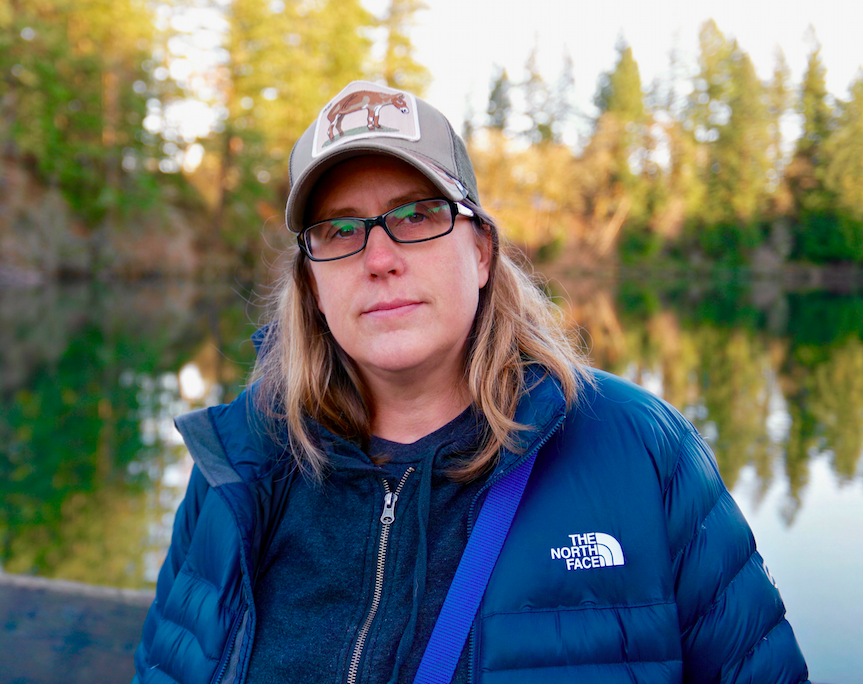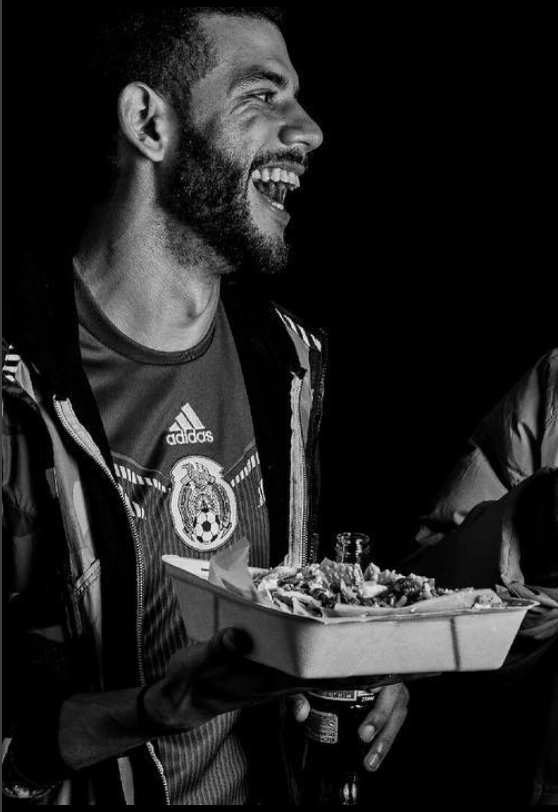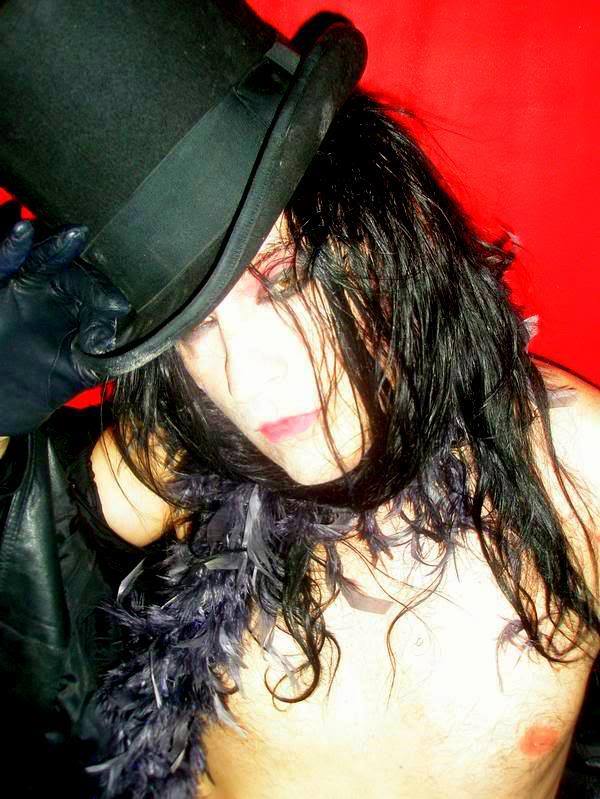Gigmor was able to sit down and have a chat with Mindi Pelletier, a music industry veteran, who has worked as a tour manager for acts like the Dixie Chicks, Bette Midler, Tori Amos, and Stevie Nicks. She spoke to Gigmor about her background in the industry, how she got her footing in tour management, what changes she has seen over the past two decades, and a little bit of advice for up and coming artists today.
Mindi, it’s exciting to talk to a music industry veteran who has seen so much change and talent over the past two decades. Want to begin by telling me a little bit about your background in the music industry, and then more into how you got your start in tour management?
I grew up in a small town in Oregon, and we didn’t have a lot of live music or concert venues. In high school, my sister and I used to drive to either Portland or Seattle where we saw a number of different concerts and shows. I think it was an ACDC concert where something went wrong on stage — a pyro-related malfunction or something — and all of these people swarmed from the back onto the stage and fixed it. The show stopped for about a minute, but they came out and saved the show. That’s probably the first moment where I was exposed to this line of work and had that initial thought of “hey, that’s pretty cool.”
I also grew up in the era of MTV and was really inspired by the making of music videos at the time. I ended up attending the Art Institute after high school to pursue the music video production path, and there I met people who were also entering the music industry or who were already in it. Breaking into the world of music video production wasn’t super easy to do and I ended up taking a job at a friend’s stage hand company. From the very first day, it was tough; but I was hooked. And from there I just started working for his company. The company grew over time— going from 30 of us to over 250 people. I started being pulled into new or different roles that needed to be filled at the company and, although a lot of the time I didn’t know what I was doing, I was happy to be doing it. And I was learning a lot and no one had to know how little I knew going into it. I did that for years in Seattle and worked also in local production and other small jobs that introduced me to a lot of people on the road.
When did your work as a tour manager begin?
Bonnie Raitt came through once, and by that time I had bought a van and some other equipment that allowed me to act as a freelance production assistant and tour manager. I ended up driving Bonnie around for about a week while she was in town and then from there she asked me to go on the road with her as her assistant. From there on it’s been word of mouth, and a whole other new list of little production jobs, that taught me how to do things like production coordination and road management.
Then in 1999, I started as the tour manager for the Dixie Chicks. I acted as the band’s assistant and road manager, and I’ve been working with them for about 17 years now. A year or two after I started with the Dixie Chicks I started working with Tori Amos and then after that, I started to work with Stevie Nicks and Fleetwood Mac on the production side of things.
Which do you prefer: production or tour management?
My heart is more in the tour management side. I think I’m better at doing the overall big picture logistics of putting on a show, and I’ve found that I work really well with female artists and communicating with them.
Where have you seen challenges for yourself and other women on the touring and production side of the music industry?
When I first started out on this career path there weren’t a lot of women and it felt very pigeonholed in terms of what you could and could not do — women were supposed to be wardrobe or catering or a production coordinator — and that was kind of all that people looked at you (as a woman) to do. I grew out of those positions in the beginning. They are very skilled positions in their own right but I knew I needed to keep going and do other things. Working with the Dixie Chicks really allowed for me to do that. I was lucky because we all kind of grew up together: when I jumped into working with Dixie Chicks it was both my and the band’s first arena tour. We were all encouraging one another and the band always promoted from within, so I was able to grow and learn a lot.
It’s getting better but, sadly, it still comes up where people will not hire me because I am a woman. I no longer take jobs if people are unsure if I can handle it because I’m a woman. I’ve chosen to surround myself with people who embrace me as everything that I am.
What do you find to be the most rewarding part of your job?
If you don’t work on the production side of things you don’t realize how much work goes into every little thing, and I find it super rewarding when I come in with an artist during the afternoon prior to a show and everything is ready to go. You could have faced four or five different crises before the artists even got there — like a flood in a dressing room or something. That’s actually happened to me once, and we had to take out all of the carpets and put in new ones. Or sometimes you will have to load in twenty trucks in one day to a venue, and you have to get it done while racing against the clock.
Are you constantly exhausted? It sounds like you should be.
Well, yes. But it’s part of the job and I’m used to it. Sometimes there will be three shows in a row, like from Portland to Seattle to Vancouver. The show ends 2 AM, you’re back on the bus, maybe have a cocktail and then sleep for three or four hours until you have to get back up the next morning and start going again. It’s a grind. My grind is multifaceted though: sometimes I’m working as a sort of therapist for my acts and team by trying to make sure that everyone is in a good head space before they get on stage.
One of the things I learned early on is the show must go on. And sometimes that means sacrificing a couple days of sleep in order to guarantee that. It’s definitely better than it used to be, but a lot of the time that depends on the artist you work for. Everyone that I have worked with has been great and really works to create a family out of their staff and team so that everyone can take care of each other. I have seen it not be like that on the other side.
How do you see your passion for music play into your job?
My passion for music is definitely what got me interested in my chosen career path but being in this industry for so long can make you a little bit jaded. I’m used to just walking in the back door — it would feel weird to walk in the front!
But it definitely did happen a couple of years back where I sort of lost some of my passion for music for a while. I had to start going to more shows and local music events when I am home or going to see other artists that I know when I’m on the road. Rarely, however, will I find myself actually watching a show. You have to keep that going, though — that passion for music. You have to force yourself to get out there and keep those juices flowing for the live music without focusing on the logistics behind it all i.e. how the lighting works or why they did this or that.
It’s not easy, though, and I definitely feel as though I got pretty jaded from all of that. I’m starting to do more and more of that, though, and I’m really trying to force myself to venture back into music and the discovery of it.
From your unique, more touring-focused perspective where do you think you’ve seen the most change in the industry over the past two decades?
Well with the rise of downloadable music and streaming services, you can’t sell your music the same anymore. And from my perspective, or from what I’ve seen, touring is no longer an option for artists. You have to do it in order to make money because you can’t really make money selling records like you could before. This change in how people are making money has also changed the music industry into more of a business. There is now more accounting, more multitasking within a job.
Albums aren’t as synced up with touring as they once were. For example, I worked on a tour with the Dixie Chicks that was in no way connected to an album release. A lot of artists have started doing that. But the reality of that too is that most artists who can tour so much have to have some sort of stationed following. Like when I work with Stevie Nicks — she tours because she loves it and she loves to keep her team busy. She is like your awesome cool aunt that employs you and feeds you tequila sometimes. There are tours, by the way, where you feel like it’s no longer a job.
Another thing I’ve noticed is the loss of ma and pa promoters, the small promotion companies that you build relationships with when you’re touring, a lot of those aren’t around anymore because it has become extremely corporate. I feel like that is one of the saddest changes that I have noticed; there were promoters that people used to work with in towns when they came through for years and years and they are just not there anymore. And because the music industry is so heavily focused on relationships and knowing people, you feel the change here. It’s more corporate, and you can feel it.
That is really sad to me, honestly.
It is, it’s sad but it does make space for people who couldn’t get out there before to get out there and have their music heard. That’s the benefit.
Have you had some time to look at the Gigmor site? Do you have any initial thoughts?
On the artist level, I think it has to be very convenient to have all of that information at their fingertips instead of having to cold call venues and contacts to get a gig — I think Gigmor is really going to help with that. It’s got to be so helpful — for both the artist and the venue — to have all of that information in a one-stop-shop.
The hard part has got to be getting everyone to use it, especially those who are more old school. That’s a road block that even I have seen in my job. But I think that you can work around it, and I definitely think that Gigmor has the power to do that.
Do you have any advice for anyone joining the music industry?
That’s tough because everything is so different from when I started but I would say that, for artists, you’ve got to work the social media. I think you’ve really got to figure that out, and then you have to tour and have people see you. And hopefully, you are opening for a band that exposes you to some kind of larger audience.
On the production side of it, I think you’ve got to start locally, be willing to do anything, and maintain a positive attitude. I can’t stress enough how important it can be to have people that are pleasant to work with. You also can’t expect to just jump into the industry and get the job that I have right off the bat. You can’t be a snob about the jobs that you are going to have to do in order to earn your seat at the table.



